2025 Tax Changes: What Kenyan Taxpayers Need to Know
As we enter 2025, Kenyan taxpayers need to be aware of several important changes to the tax landscape. These updates will affect how you file your returns, calculate your obligations, and plan your finances throughout the year.
Key Changes for Individual Taxpayers
The Kenya Revenue Authority (KRA) has introduced several modifications to individual tax requirements that will take effect from January 1, 2025. Understanding these changes is crucial for proper compliance and tax planning.
Updated Tax Brackets
The personal income tax brackets have been adjusted to account for inflation and economic changes. The new brackets provide some relief for middle-income earners while ensuring adequate revenue collection for government operations.
These adjustments mean that many taxpayers will see changes in their monthly PAYE deductions. It's important to review your payslip and understand how these changes affect your take-home pay and annual tax liability.
New Digital Filing Requirements
All individual taxpayers are now required to file their returns digitally through the iTax platform. Paper filing is no longer accepted except in exceptional circumstances approved by the KRA.
Business Tax Updates
Business owners should pay particular attention to the changes in corporate tax rates and deduction allowances. The government has introduced new incentives for certain sectors while tightening regulations in others.
Digital Service Tax Expansion
A significant change for 2025 is the expansion of the Digital Service Tax (DST) to cover more online business activities. This affects both local and international businesses operating in Kenya's digital space.
Companies providing digital services, including online marketplaces, digital advertising, and software-as-a-service platforms, need to understand their new obligations under this expanded framework.
VAT and Other Indirect Taxes
Value Added Tax (VAT) regulations have also seen updates, particularly regarding the treatment of certain goods and services. Some items have been moved between different VAT categories, affecting their tax treatment.
The changes also include new requirements for VAT registration thresholds and filing procedures. Businesses approaching the VAT registration threshold should review these requirements carefully.
Compliance and Filing Requirements
The KRA has introduced new digital filing requirements and updated existing procedures. All taxpayers should familiarize themselves with the new iTax system features and requirements.
Key compliance dates remain largely unchanged, but there are new penalties for late filing and updated procedures for tax appeals and disputes.
Planning for 2025
Given these changes, it's more important than ever to engage in proactive tax planning. Consider reviewing your tax strategy with a qualified professional to ensure you're taking advantage of all available deductions and credits while remaining fully compliant.
Regular monitoring of your tax position throughout the year, rather than waiting until filing season, can help you avoid surprises and optimize your tax efficiency.
Getting Professional Help
The complexity of these changes means that many taxpayers will benefit from professional guidance. Whether you're an individual with complex income sources or a business owner navigating new regulations, expert advice can save you time, money, and stress.
At Tax Room Kenya, we stay current with all tax law changes and can help you understand how they affect your specific situation. Our team is ready to assist with planning, compliance, and optimization strategies for the new tax year.
Stay Informed
Don't miss important tax updates and money-saving tips. Subscribe to our newsletter for the latest insights.
